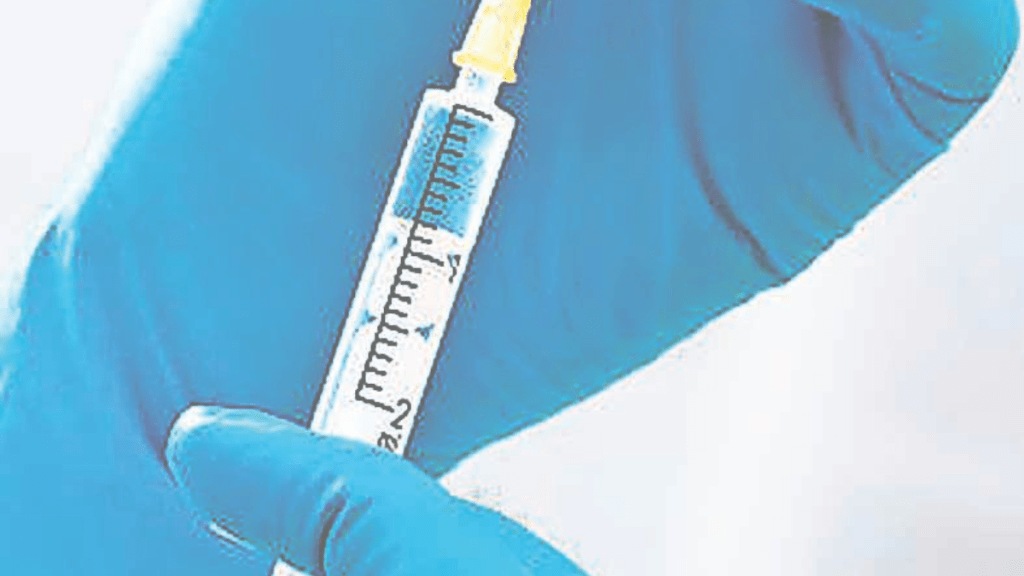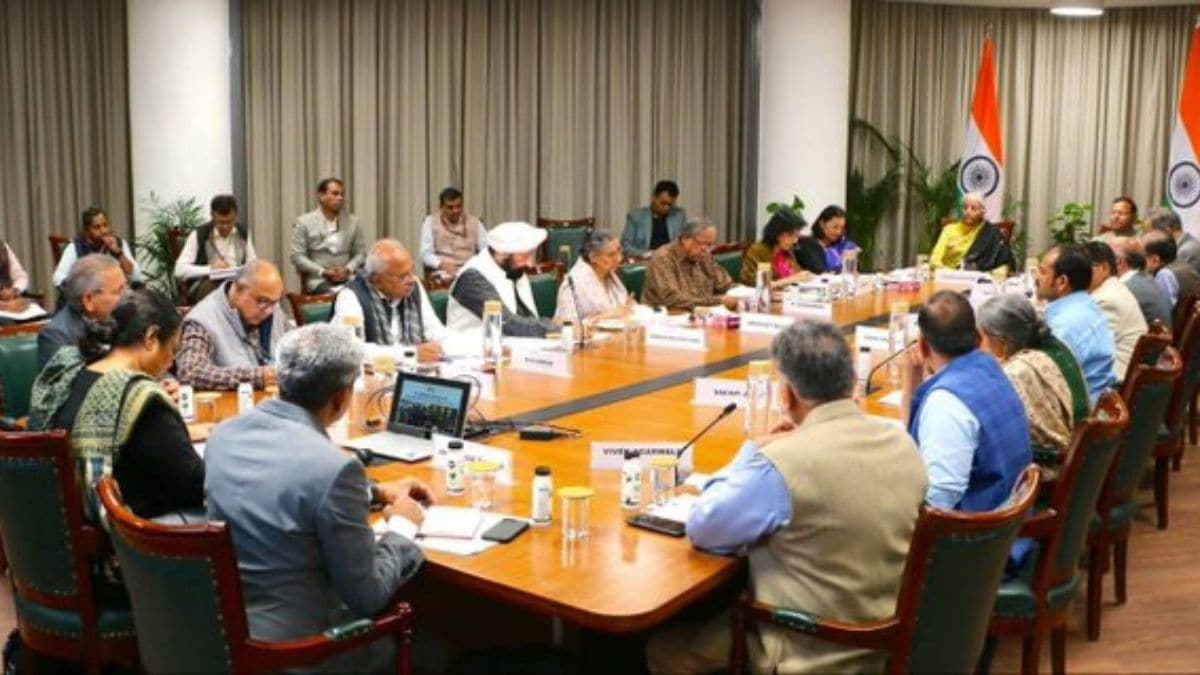Earlier this month, India recorded its first confirmed case of mpox. A young man upon returning from a foreign country had to be admitted to Delhi’s Lok Nayak Jan Hospital where he was treated for the viral disease.
Mpox cases, caused by the monkeypox virus, have been on the rise globally in the past few weeks. On August 14, the World Health Organization (WHO) declared mpox a Public Health Emergency of International Concern (PHEIC) for the second time in the past two years, after a new strain of the virus – clade 1b – was identified in the Democratic Republic of Congo.
While there are vaccines available against mpox – modified vaccinia Ankara, LC16m8, JYNNEOS or Imvanex, and ACAM2000 – they are not widely available in India since they have not yet been approved for public use.
Considering the severity of the disease and the manner in which it’s making its way across the globe, more and more health experts have been advocating for immunisation against mpox.
The good news here is that experts have highlighted that people who have taken a dose of the smallpox vaccine “may have some level of cross-protection against mpox,” Dr Suranjit Chatterjee, senior consultant for internal medicine, Indraprastha Apollo Hospitals, told FE.
However, the other side of the coin is that since smallpox was globally eradicated in the 1970s, the vaccine used against the disease was also removed from the mandatory immunisation schedules.
This, then, brings up an important question – do we need to revise our vaccination programmes to protect our populations from growing health risks?
Rethink immunisation schedules
As of now, when it comes to protection against prevalent diseases, Dr Gagandeep Kang, a renowned virologist, points that our immunisation schedules are only directed at children and pregnant women – with Covid being the only exception as a vaccine meant for all adults as well.
But what’s needed going ahead is a revision of these very schedules. Dr Kang says, “We really need to think about life-course immunisation, which covers occupational, geographic and age-related risks – which vaccine does each person need based on what they do, where they live, and who they are – this will ensure that as a society we are maximising the value of prevention by protecting our people.”
For instance, cholera outbreaks are common in eastern India, so that should be addressed in the region. Dr Kang adds that influenza and pneumococcal vaccines should be targeted towards the elderly, pregnant women, and newborn babies.
In fact, the WHO stated earlier this month that the year 2023 saw a 13% increase in cholera cases and 71% increase in deaths due to the disease, as compared to 2022.
Dr Jatin Ahuja, senior consultant for infectious diseases at Delhi’s Indraprastha Apollo Hospital, agrees. While our paediatric vaccination schedules are up to date, when it comes to the adult immunisation programmes, they are not treated with adequate seriousness, he says.
“You would rarely see adults taking vaccines for HPV, Hepatitis A, chickenpox, shingles, or H1N1 – which are all preventable illnesses. Similarly, even though the Tetanus and adult Diphtheria vaccines are mandated by the WHO to be taken every 10 years, people only get the shots when they have an injury,” says Dr Ahuja.
This attitude needs to change, he emphasises. There’s a lack of awareness that persists about vaccination in adults. Dr Ahuja says that even if doctors try to educate individual patients about the need to get vaccinated, people who might be leading healthy lives are usually reluctant to them, seeing vaccination as an “unnecessary expense.”
The way to go about then is increasing awareness and emphasising on it. However, that should just be the starting point. There also needs to be government intervention. Dr Kang tells FE, “The National Technical Advisory Group for Immunisations has already recommended HPV and typhoid vaccines to be introduced in the national immunisation programme about two years ago. These vaccines should be introduced as soon as possible since both vaccines are already available and made in India, but are used only in the private sector.”
‘No need to revive any vaccines’
But while these experts emphasise that some additions be made to the vaccination schedule, do they also recommend that we revive certain vaccines – like smallpox, for instance, which can help protect against mpox?
No, they say. Dr Kang explains, “We are fortunate that smallpox vaccines seem to protect quite reasonably against mpox and can therefore be used. However, there is a limited supply of vaccines and they should be directed to the people and places where the risk of mpox is high.”
She adds, “India may see a few imported cases of mpox, but it is not expected that we will see a very large number of cases because of the mode of spread of mpox, which requires close or intimate contact with infected persons or items used by the infected persons. There is no need for mandatory vaccination for mpox.”
Vaccines are developed to be given to healthy people, so the bar for safety is high, says Dr Kang. “The risks of vaccination have to be far outweighed by the benefits if a vaccine is to be used. Before any vaccine is introduced into public or private markets, these risk-benefit assessments are done (sometimes many times and by many groups) and only then do vaccines get recommended,” she says.
An additional aspect that is not often discussed when thinking about the safety of vaccines, is safety monitoring and communication. “If you are told that a vaccine might have side-effects and to go to a hospital immediately if you see them, then care to handle the problem can be more effective,” adds Dr Kang.
WHO-mandated vaccines
Bacillus Calmette-Guérin
Polio oral vaccine
Hepatitis B vaccine
Inactivated poliovirus vaccine
Pentavalent vaccine
Rotavirus vaccine
Pneumococcal conjugate vaccine
Measles and rubella vaccine
Japanese encephalitis vaccine
Diphtheria pertussis and tetanus vaccine
Optional vaccines
Cholera vaccine
Influenza and H1N1 vaccine
HPV vaccine
Hepatitis A vaccine
Chickenpox vaccine








